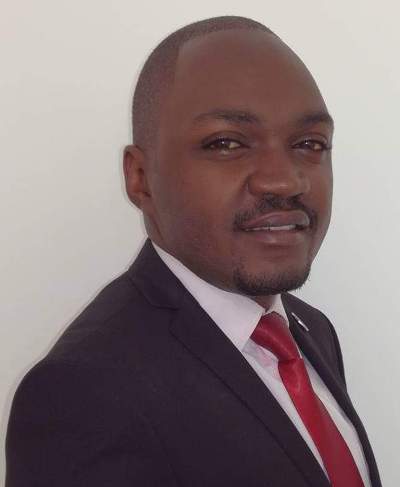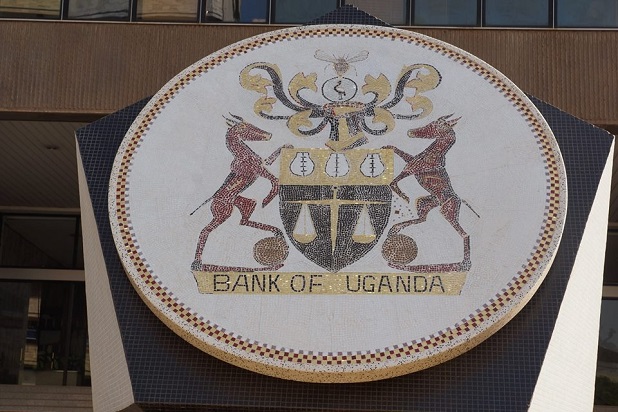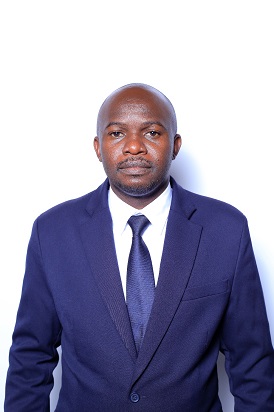By Ronald Baluku Busimba
Of late, the term civility can seem to be old fashioned. Some established and upcoming politicians in Kasese don’t strive for it yet it is important.
I explore what civility and incivility mean in polarizing times.
In the first place, according to Fehr and Fischbacher, 2004, Civility is a social norm and a standard “of behavior based on widely shared beliefs about how individual group members ought to behave in a given situation”.
As divisions and bitterness mount in the upcoming and continuing debates about who should represent the people of Kasese in various leadership positions, I strongly believe that politics must respond not by mirroring these trends, but by resisting them.
Good manners really do “cost nothing and buy everything”, even in today’s increasingly polarized politics.
Whatever your political affiliations, it would seem difficult to deny that politics has become less civil over the years, thanks to social media, which gives us more direct access to the thoughts of the people in power and those striving for leadership, but never before has a sober minded politician regularly described opponents as being “enemies”, “crazy”, “rumormongers” “psycho” etc.
Do these kinds of personal insults hinder a politician’s standing in the public? Or do they simply signal a dominant personality and commitment to their goals and strengthening their support base?
According to popular research, the nastier you are in your language against your perceived enemy or known opponent, the lower your voters’ approval of you.
And in the instances when you show respect and restraint, your ratings go high.
According to the red meat hypothesis, your supporters might see uncivil comments as honest, authentic criticisms that speak to their own feelings, which should not be the case in a civilized society.
Particularly in today’s heightened political polarization, this may appeal to diehard fans’ distrust of their political opponents.
Uncivil discourse is emotionally arousing, moreover, being the target of uncivil remarks (including insults, threatening and rude behavior in public) can elicit strong responses, reduce effective cognitive processing, productivity, and creativity; and elicit reciprocal aggression from the opponents and their supporters.
In a democratic society, it is very important that people get to share their views and that they feel comfortable coming to the same table to discuss any political subject.
However, if certain parameters are not in place and certain guidelines of civility are not in place, it can be very difficult to have a meaningful conversation.
Attacks on the personal character of individuals betray rampant “disrespect” for both leaders and potential leaders.
Establishing an “etiquette” for communicating in public is very crucial in establishing a good political rapport with your electorate. This would surely repair our wayward politics in the district.
As former US President Barrack Obama once said “US citizens should be civil with one another, to approach their political differences with open hearts, open minds and fair minded words”, May 2009, I surely agree that that political civility is a tension filled ideal.
Our politicians and intending leaders should have good normative reasons to strive for, and encourage more civil political interactions as they model our acknowledgement of others as equal citizens and stakeholders in the electoral process, so as to facilitate high quality democratic problem solving.
Needless to say, positive political criticism is an important part of democratic practice based on the idea of freedom of expression.
However, some criticisms tend to be too individualistic and are heated up by political selfish interests.
As I conclude, our intending leaders and yes indeed some of our current leaders should apply a standard of morality to their lives.
Gratitude is the beginning of civility, of decency and goodness, of a recognition that our leaders and those intending to be should not afford to be arrogant.
The author is a Voter-Kasese Municipality






Many lessons to be learnt not only to politicians in Kasese District but across the entire political divide in Uganda.